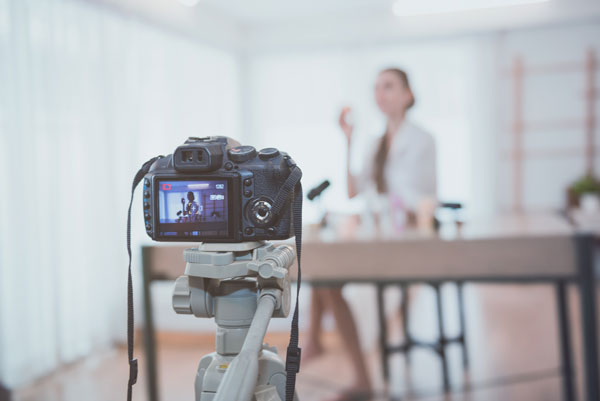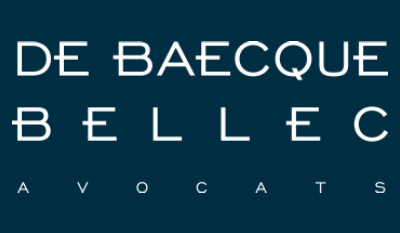Infringement action against an influencer
Influencers have become more professional since their beginnings. Influencer and advertising agencies have enacted codes of conduct to reassure brands and ensure transparency. However, there are still litigious situations. In the United States, a company took action for trademark infringement against a competitor but also against an influencer.

Role of the influencer on social networks
An American company Petunia Products is the owner of the trademark BROW BOOST. It markets a mascara for eyebrows under the brand Billion Dollar Brows. A competitor uses the hashtag #BROWBOOST on social networks, especially used by an influencer. The latter puts a link to the contentious product on her blog so that consumers can buy it. Petunia is suing its competitor for infringement, but also this influencer. To our knowledge, this is the first direct infringement action brought against an influencer.
And if he was convicted, could he turn against the brand? What are the consequences for the future of influencers? How to prevent disputes when drafting contracts?
This is a very different case from the dropshipping practices on Instagram that the firm has already discussed in the media. Brand-influencer relationships are improving under, among other things, charters of good conduct on the influencer side. This issue involves brand liability in case of infringement, which seems to rest primarily with the company marketing the product.
Influencers’ responsibility in case of counterfeiting
The influencer Molly Sims files a motion to dismiss the complaint against her. She would not be liable for the infringement because she neither manufactured the product nor chose the name. The influencer is only promoting the infringing product. She indicates that the plaintiff failed to prove a risk of confusion or a use in the course of business. Finally, she invoked her freedom of expression.
The federal judge of the Central District of California rejects this request for dismissal on August 6, 2021. He noted that influencers can be held liable for misleading advertising, in accordance with the Federal Trade Commission’s position. The same rules for mentioning partnerships exist in France. Moreover, the judges consider that paid advertising constitutes a usage in business life.
The case is not yet judged on the trademark infringement against an influencer. If the judge were to rule in favor of the plaintiff, this case could pave the way for many more actions by companies against influencers. This could lead to an increase in the price of influencers and a strengthening of the role of lawyers on their side, who will be able to demand more guarantees from companies.
Stéphane Bellec has already intervened several times at the request of different media such as Libération, Stratégies or the Journal du Management in order to remind the rules and good practices that have been established for several years between brands and influencers.
For any question, our firm has a sharp expertise in new technologies, social networks and influencer marketing.

Stephane BELLEC
Trademark attorney
Stéphane Bellec, Attorney, Partner Cabinet De Baecque Bellec
Intellectual property attorney
Tél. + 33 (0) 1 53 29 90 00
